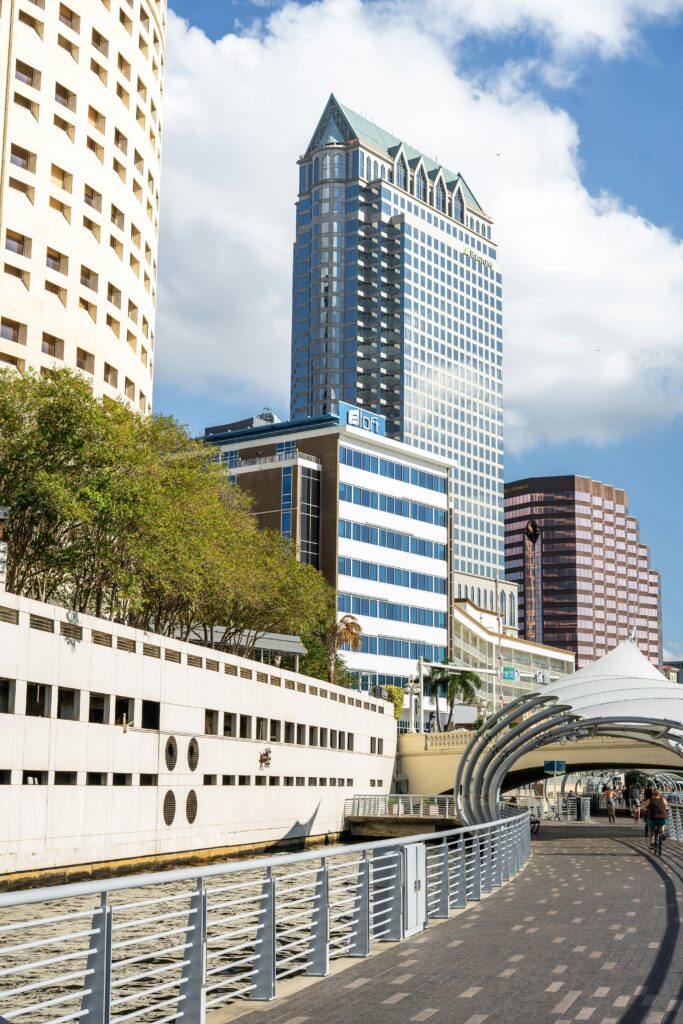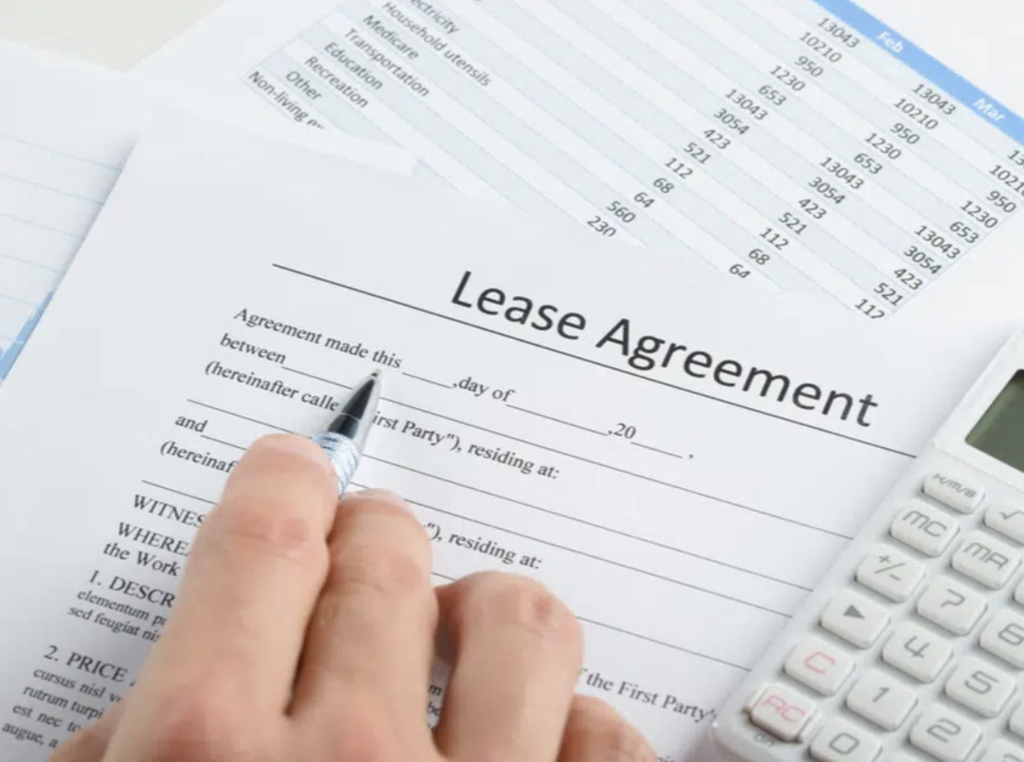
Venturing into a new office space lease can feel intimidating. There are so many questions you may have, concerns about things unknown. That’s why having a Commercial Real Estate Broker working on your side is crucial to a successful journey in finding your next office space for rent in Tampa.
Landlords will always have their best interest in mind as the owner and investor of the building. Brokers, on the other hand, are working with your best interest in mind. Even when you have a good working relationship with the Landlord, they are still focused on protecting themselves and their property first and foremost at the end of the day. You could be in a position of thinking you are getting a pretty good deal on your lease and your commercial property for rent in Tampa but are you really? Here are a few things to consider:
Are you aware of current marketing conditions, concessions by Landlords and standard business terms?
Do you have comparisons to a deal on the table with other possible small office space for rent in Tampa?
When you have concerns about a potential space, who is going to give you honest feedback and real insight about what will work best to meet your real estate needs?
When you don’t have the full overview of the Tampa Bay real estate market, it’s nearly impossible to really get the best possible lease. That’s why having the right Broker can educate you on the market as a whole and advise on business points they are experiencing and seeing at competing properties. Understanding what is a market norm is very important in negotiating a commercial lease and choosing which Landlord to have a long-term business relationship.
Commercial Real Estate Brokers are also skilled in negotiating terms. They will seek to get you the office space of your dreams with a lease and terms that are not full of deal breaking concessions. Your Broker will help ensure that you are not paying exorbitant Common Area Expenses, hidden fees and other thumbs-down terms but instead that you are treated to a fair lease with all the amenities, parking spaces and square footage you need.
When you need an office space, you need Office Space Brokers.




